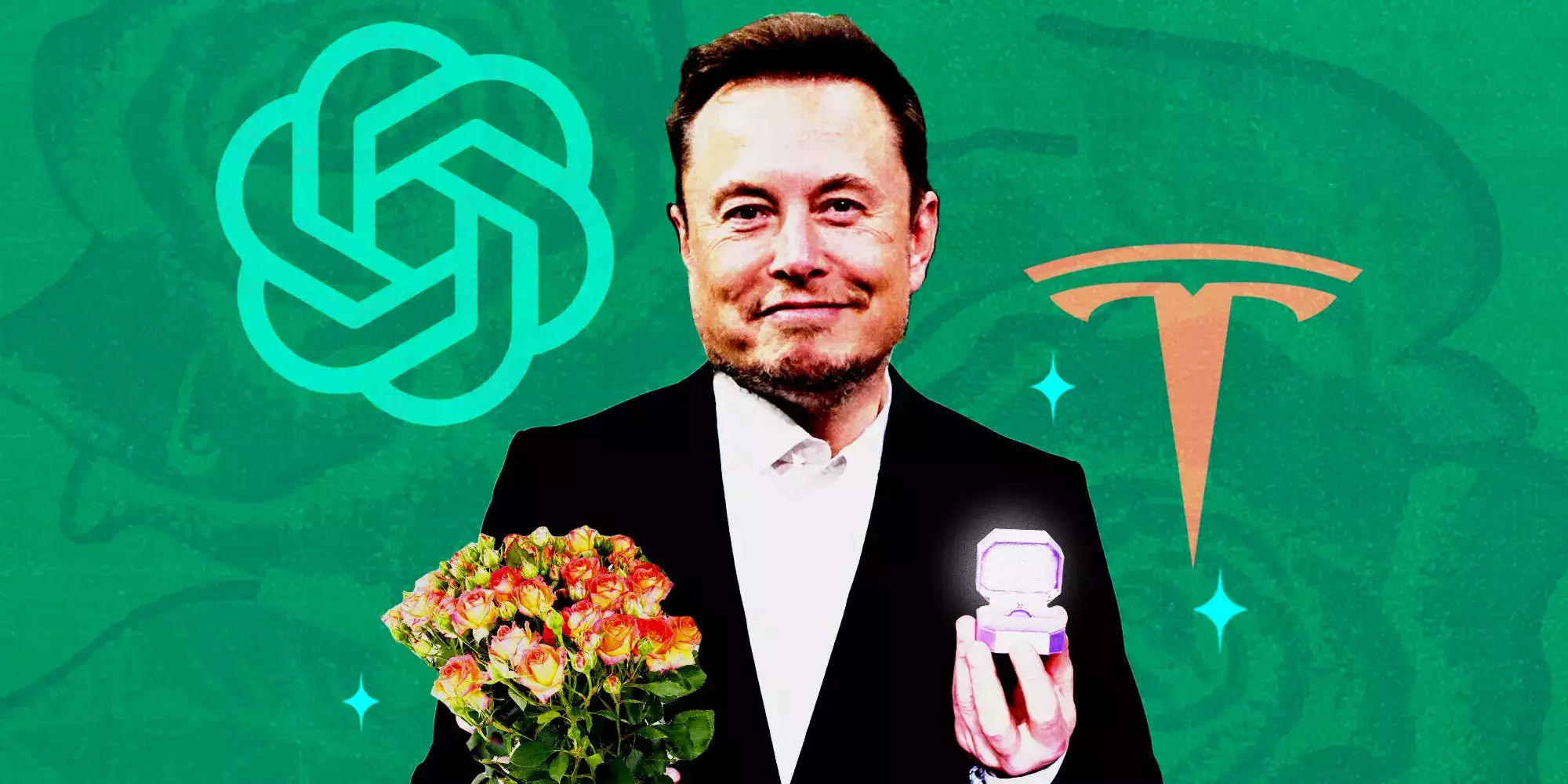UK AI Summit Sparks Concerns of Exclusion and Big Tech Dominance
The UK’s AI safety summit, taking place at the historic WWII code-breaking facility Bletchley Park, has attracted notable names including Elon Musk and OpenAI’s Sam Altman. However, concerns are being raised by a group of AI startups and industry experts who feel excluded from the event, fearing that it will further consolidate the dominance of big tech companies in the AI field.
Critics of the event argue that by only inviting a select few guests, primarily consisting of world leaders and major tech companies, the summit fails to include the perspectives of smaller AI firms and open-source developers who often pioneer new innovations. Victor Botev, founder of Iris Ai, a company building AI products since 2015, expressed disappointment that the voices of these smaller players were not being heard.
Yann LeCun, Meta’s chief AI scientist, also accused companies such as OpenAI, Anthropic, and Deepmind of engaging in “fear-mongering” and “massive corporate lobbying” to ensure AI remains within the control of a select few companies. This criticism underscores the need for a broader range of voices and perspectives in discussions around AI regulation.
The UK AI summit aims to bring together AI experts, tech leaders, and world politicians to address the risks associated with AI and establish regulatory frameworks. However, some argue that the event has placed too much emphasis on hypothetical existential threats posed by superintelligent AI, neglecting the necessary focus on building a thriving AI ecosystem and addressing present-day challenges.
Ekaterina Almasque, a general partner at European venture capital firm OpenOcean, highlighted the exclusion of the AI startup community from the summit, emphasizing the importance of including industry voices in shaping regulations that directly impact technological development.
The UK government’s Department for Science, Innovation, and Technology, responsible for organizing the summit, defended the guest list, stating that the attendees consist of a diverse range of expertise essential for productive discussions.
Notably, worker groups such as the UK’s Trades Union Congress and the American Federation of Labor and Congress of Industrial Organizations have also criticized the event. With AI expected to have a significant impact on white-collar jobs, concerns have been raised regarding the inclusion of those affected by generative AI, such as small businesses and artists, in the summit’s discussions.
The limited guest list and focus on hypothetical threats have been described as a missed opportunity by labor groups and individuals who signed an open letter criticizing the event’s prioritization of big tech companies over those feeling the immediate impacts of AI.
As the AI summit continues, the call for wider representation and a more inclusive approach to shaping AI regulations is likely to persist. Achieving a balanced and comprehensive dialogue that encompasses the perspectives of startups, open-source developers, labor groups, and impacted communities is crucial for the future of AI development and regulation.

I have over 10 years of experience in the cryptocurrency industry and I have been on the list of the top authors on LinkedIn for the past 5 years. I have a wealth of knowledge to share with my readers, and my goal is to help them navigate the ever-changing world of cryptocurrencies.










